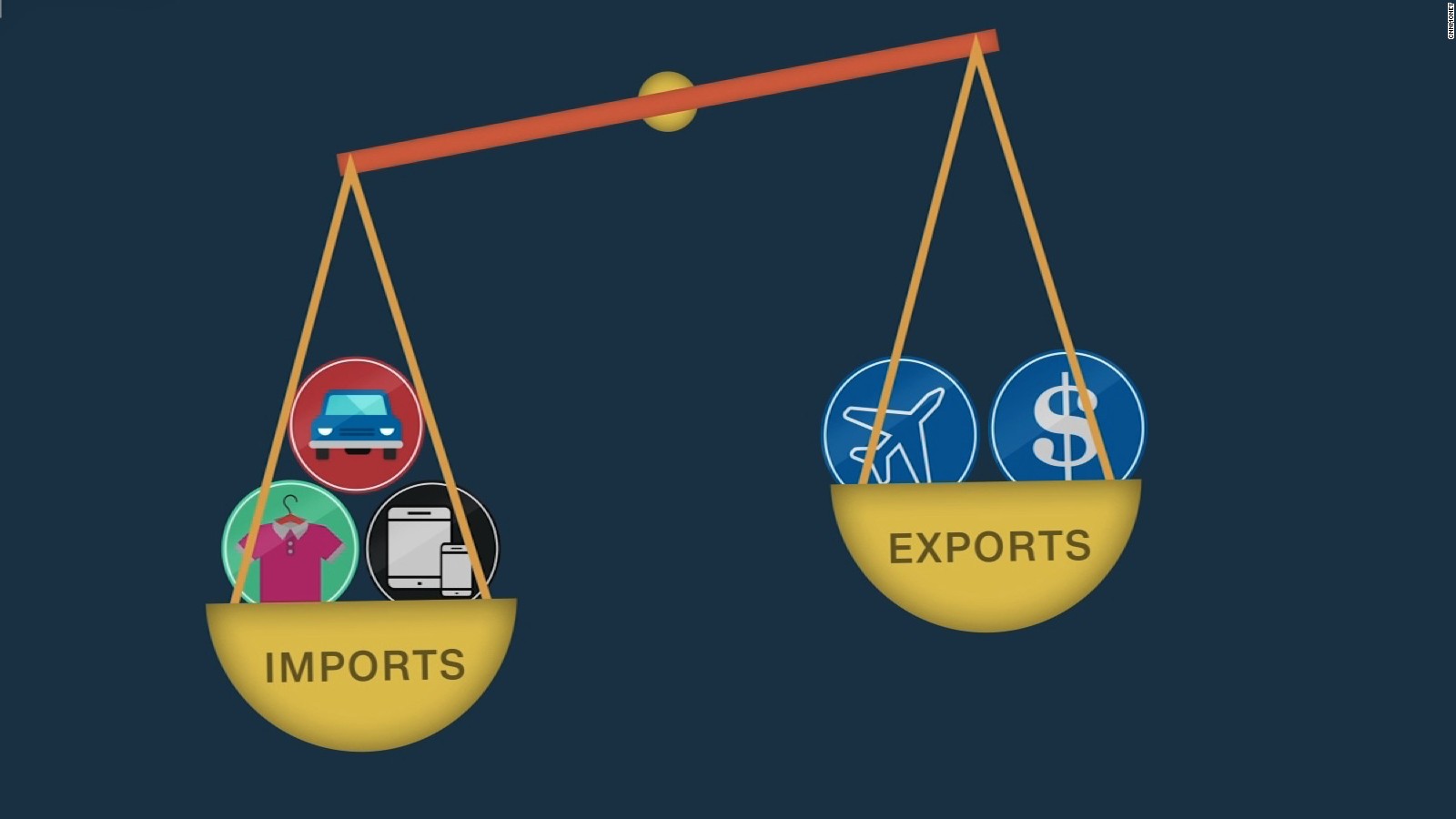In terms of economics, a country’s trade balance is crucial in determining how healthy its economy is. It reveals whether a nation has a trade surplus (exports exceed imports) or a trade deficit (imports exceed exports). According to preliminary data released by the Trade Ministry, Turkey showed encouraging signs in August 2023 as its trade deficit significantly decreased, falling by 21.2% year over year to USD 8.9 billion from USD 11.3 billion.
Factors Behind the Trade Balance Improvement
This remarkable improvement in Turkey’s trade balance can be attributed to several factors. One noteworthy factor is the 1.6% increase in exports, totaling USD 21.6 billion. Manufacturing, in particular, witnessed a substantial boost, accounting for 95% of this growth. This surge in manufacturing exports underscores the resilience of Turkey’s industrial sector.
Conversely, Turkey’s imports experienced a decline of 6.3% as per Turkey import data, reaching USD 30.5 billion in August 2023. This reduction in imports further contributed to the narrowing trade deficit. It’s worth noting that reduced imports may reflect changing consumer behaviors, economic policies, or global trade dynamics.
Top Trading Partners
According to Turkey export data, Turkey’s top export partner, Germany, emerged with shipments worth USD 1.8 billion. With simultaneous purchases totaling USD 3.8 billion, China was the largest importer. These alliances are essential to Turkey’s economic health, and any changes to them could have far-reaching repercussions.
Prolonged Trends
Since 1947, Turkey has struggled with a trade deficit, therefore the improvement in August 2023 is all the more significant. Road vehicles, textiles, iron and steel, clothing, and food are among the nation’s top exports. On the other hand, machinery and transport equipment, manufactured goods, mineral fuels, lubricants, and chemicals make up the majority of its imports.
Turkey’s trade deficit increased by 12.1% from January to August of 2023, totaling USD 82.4 billion. This underscores the need for continued efforts to bolster exports and manage imports efficiently.
Trading Partners: Deficits and Surpluses
While Turkey maintains beneficial trade relationships with many nations, significant trade deficits were recorded with China, Russia, Germany, South Korea, Switzerland, India, Iran, and Japan. These deficits highlight areas where Turkey may need to reassess its trade strategies.
On the flip side, the nation enjoyed trade surpluses with countries like Iraq, the UAE, the UK, Israel, Syria, Northern Cyprus, and Azerbaijan. These surpluses provide a buffer against trade imbalances and contribute positively to Turkey’s overall economic picture.
Conclusion
Finally, the trade balance for August 2023 in Turkey shows encouraging signs of economic stability. The nation’s economic health is indicated by the decreasing trade deficit, which is being driven by rising exports and falling imports. To ensure continued advancement, it is essential to monitor long-term trends and trade relations. Turkey is on a crucial path to achieving a more equitable trade equation, and the country’s economic future depends on its capacity to adapt to and develop in the constantly shifting global economy.
References
Trade Ministry, Turkey
International Trade Centre (ITC)
World Bank Data on Turkey’s Trade Balance












Leave a Reply